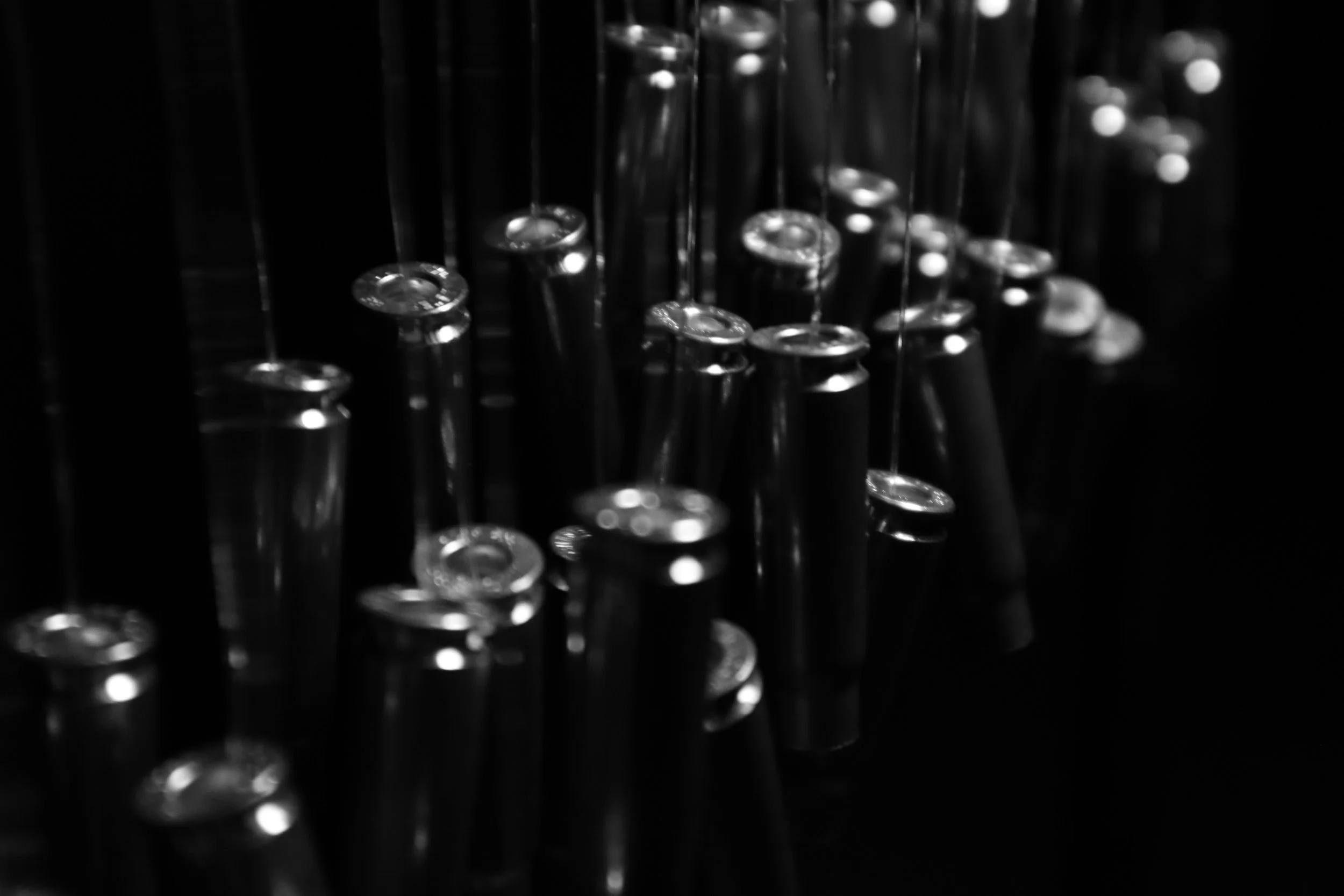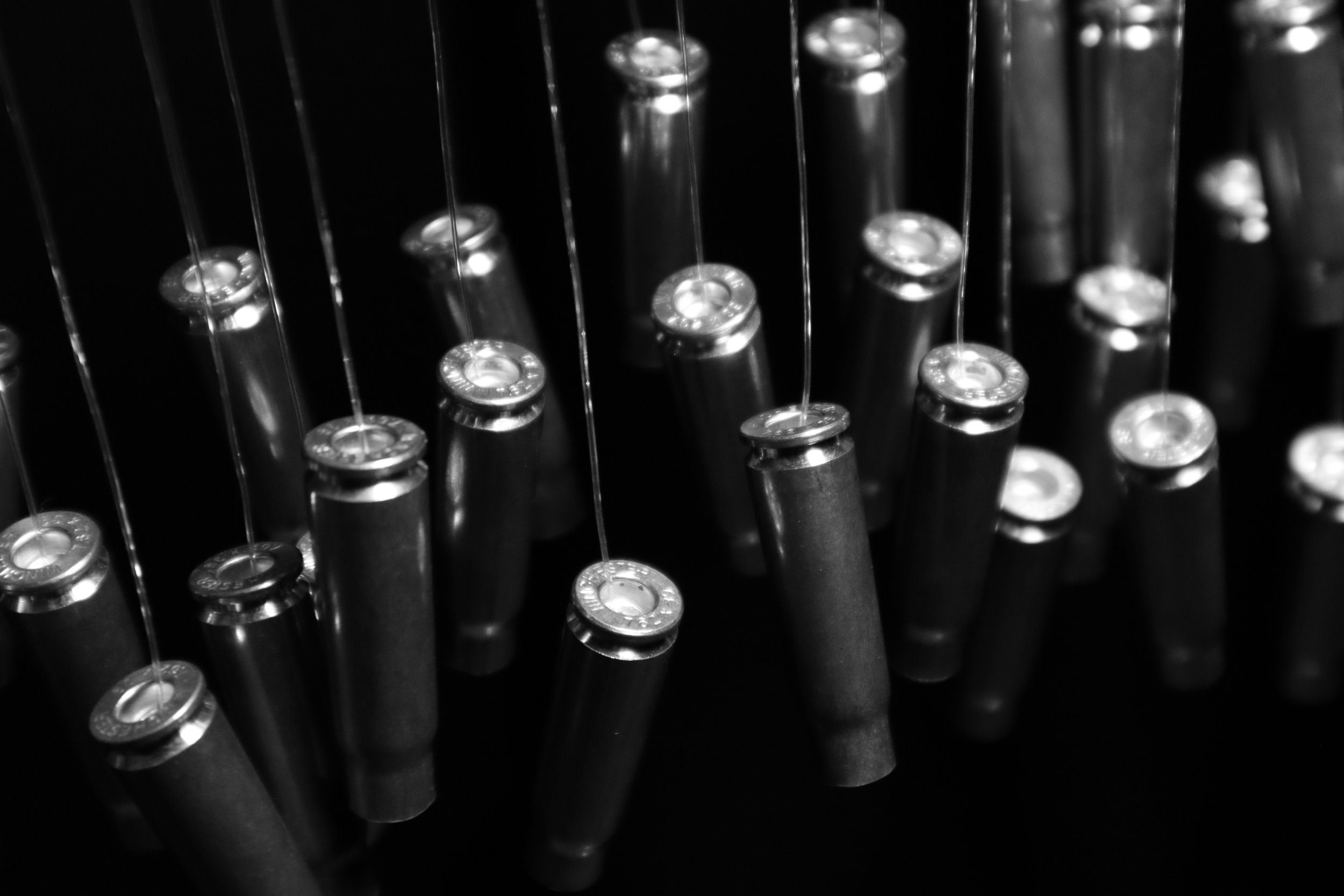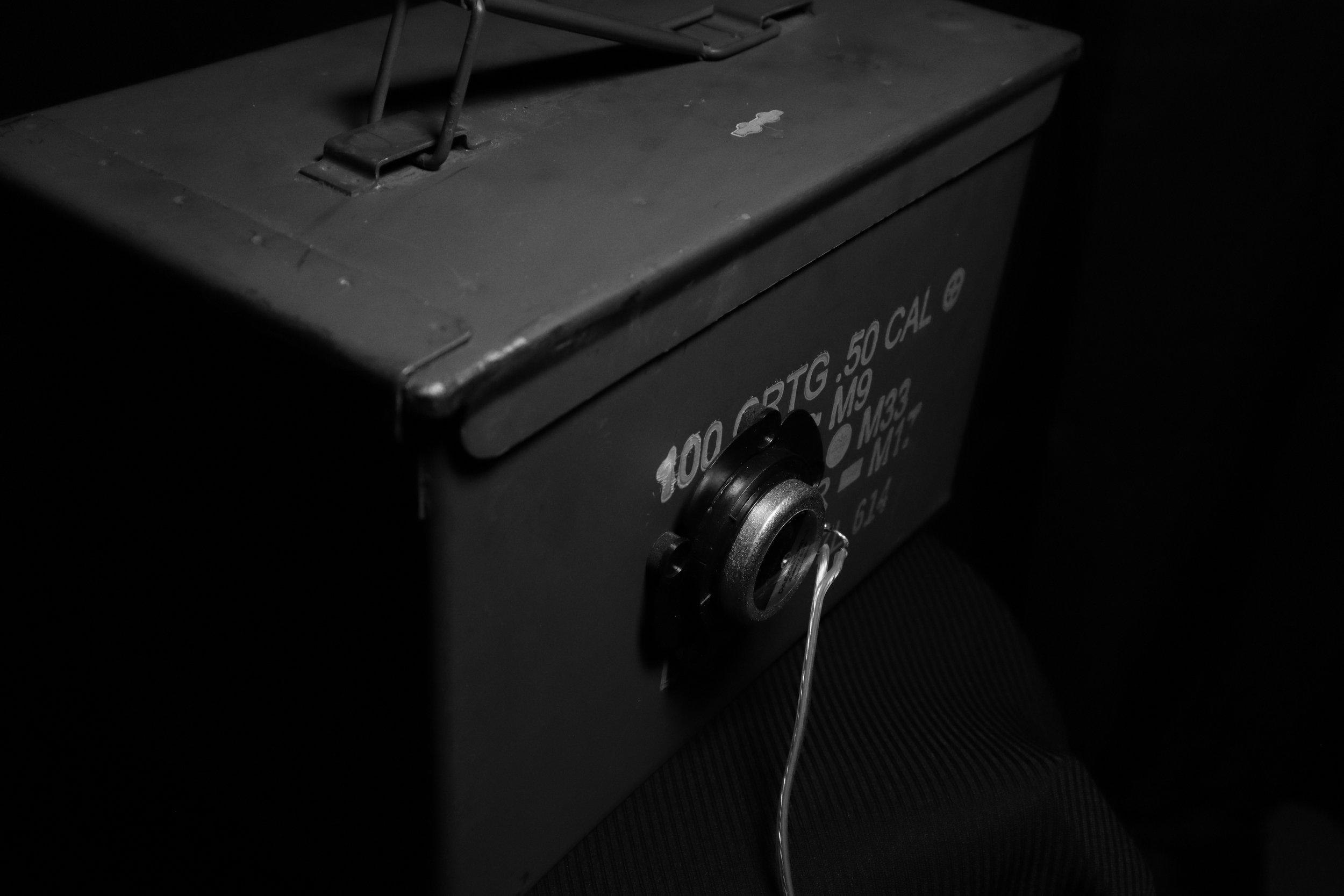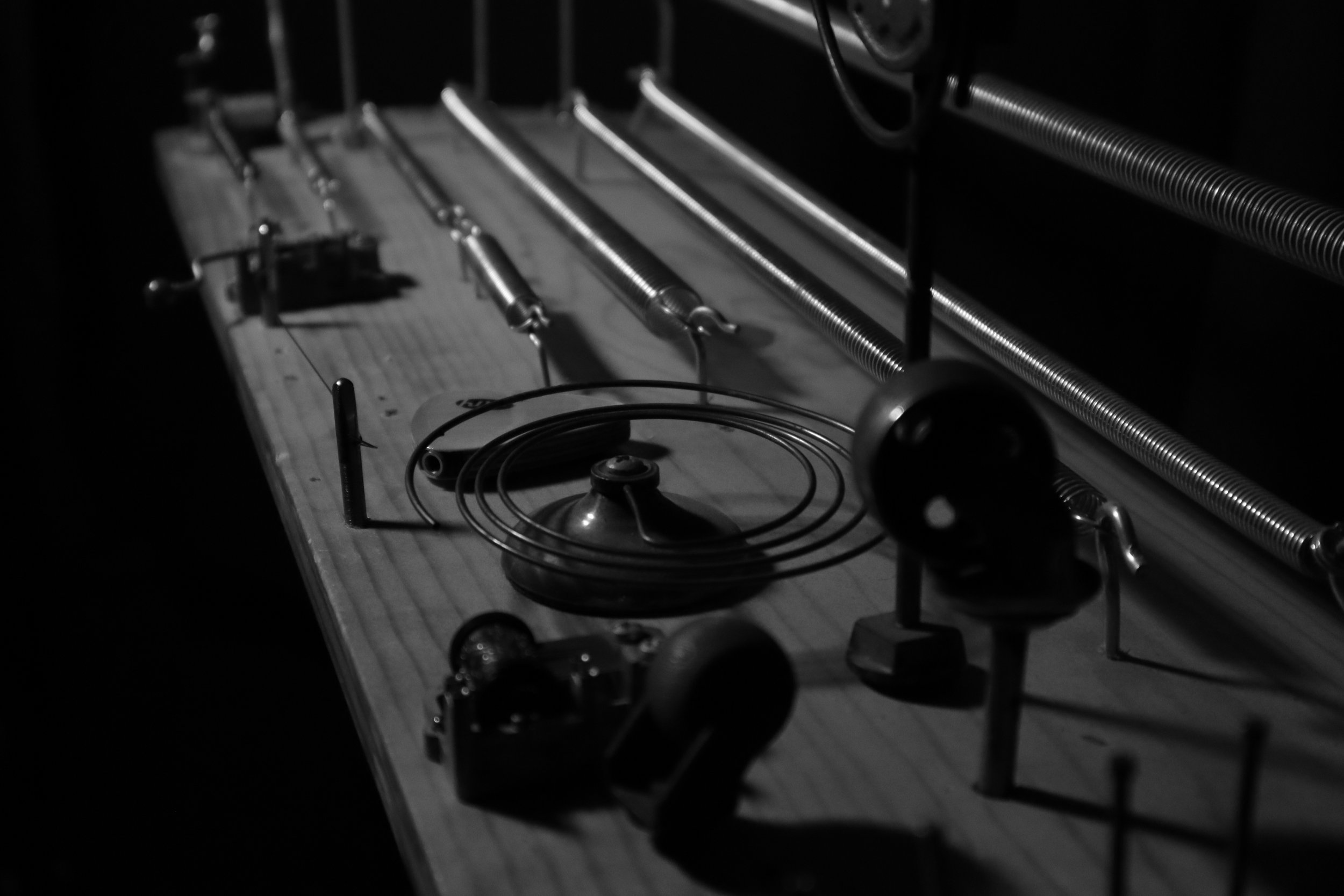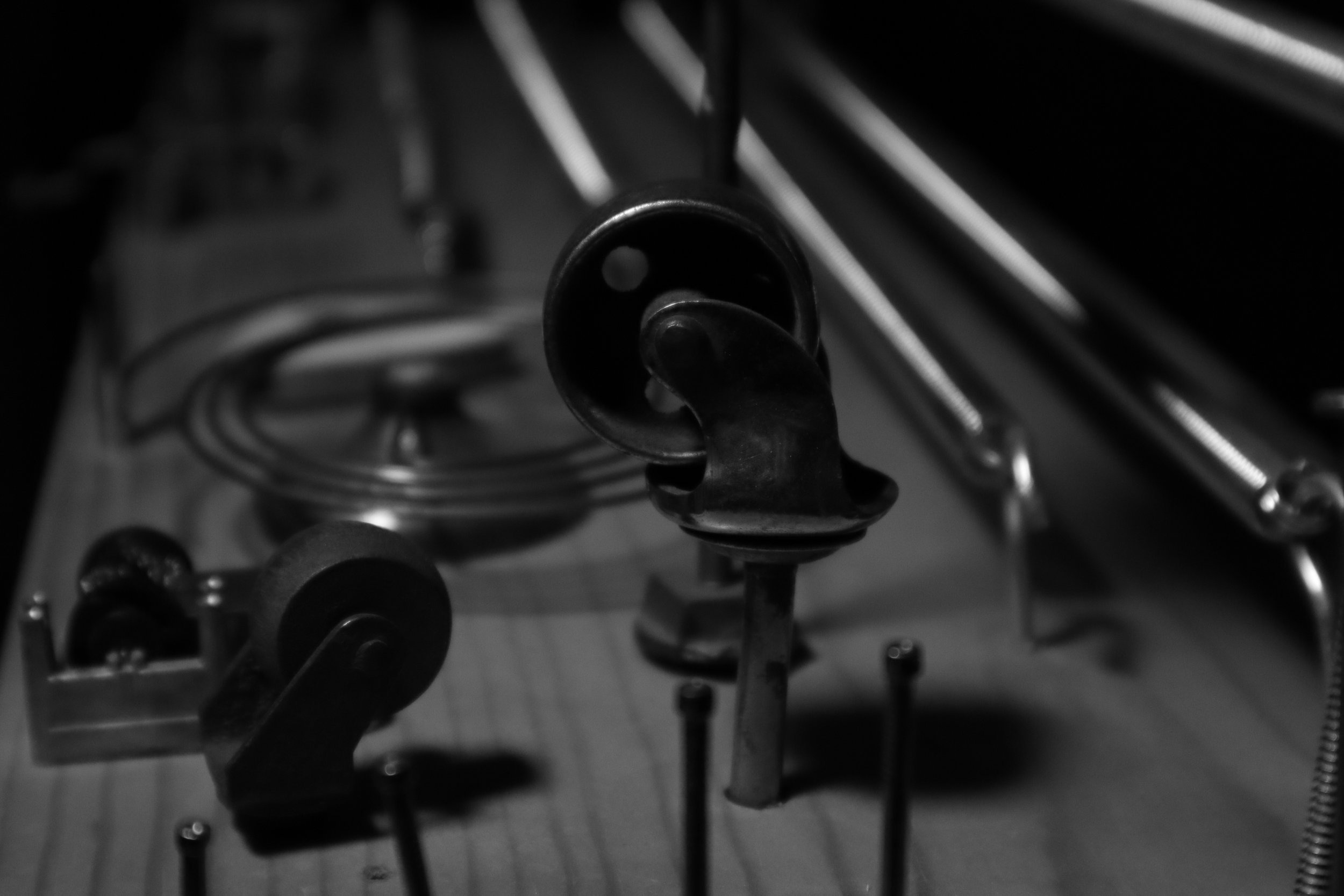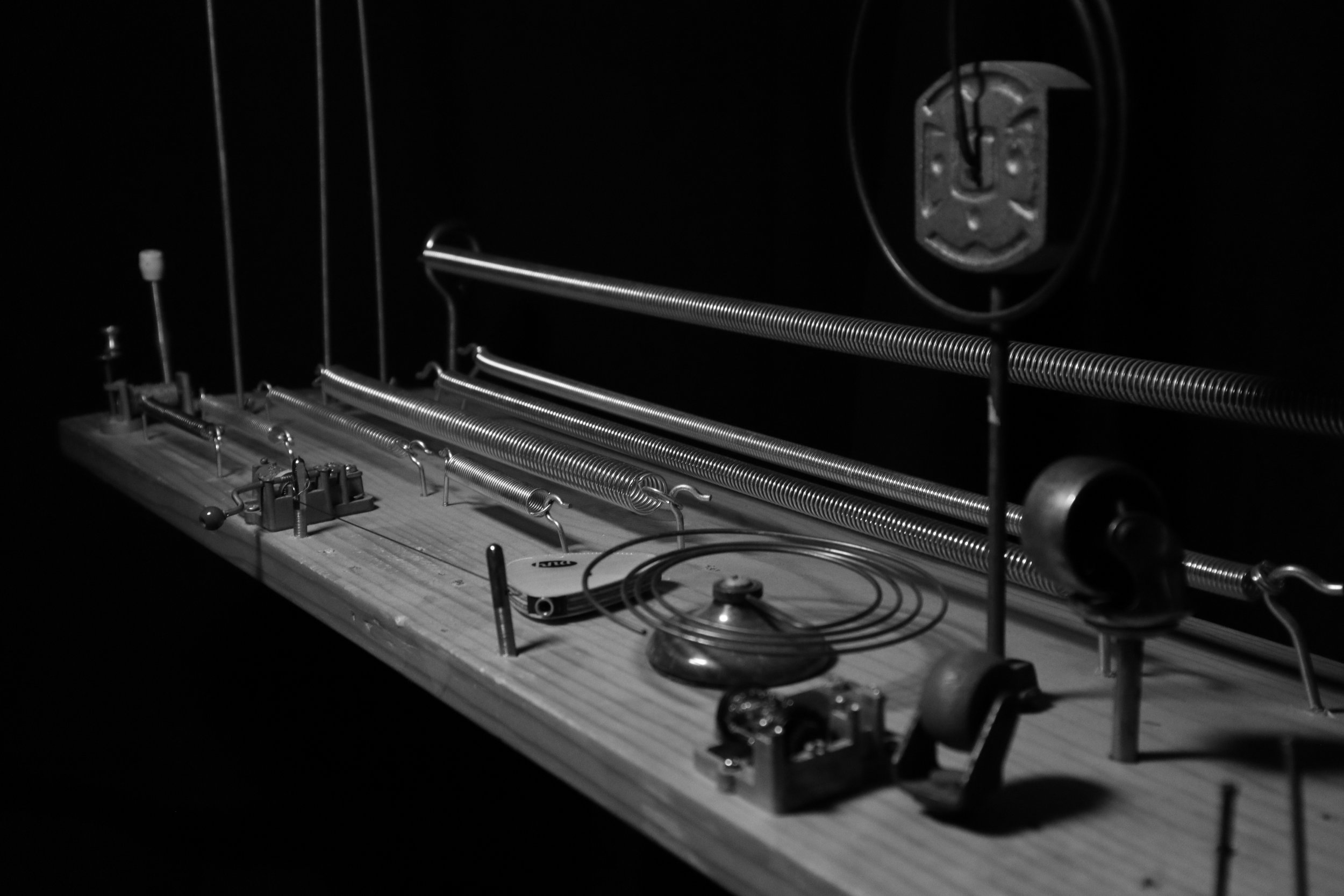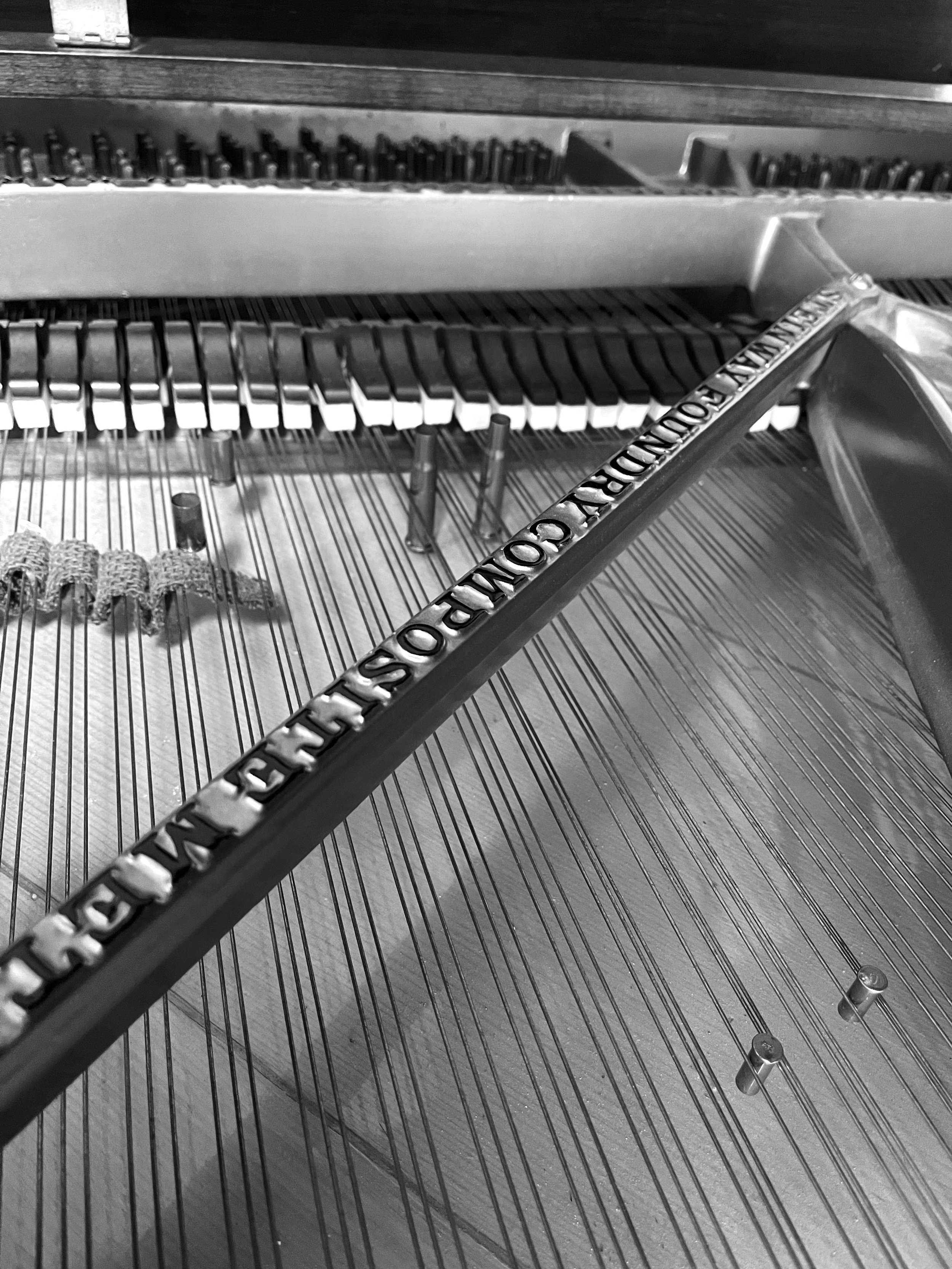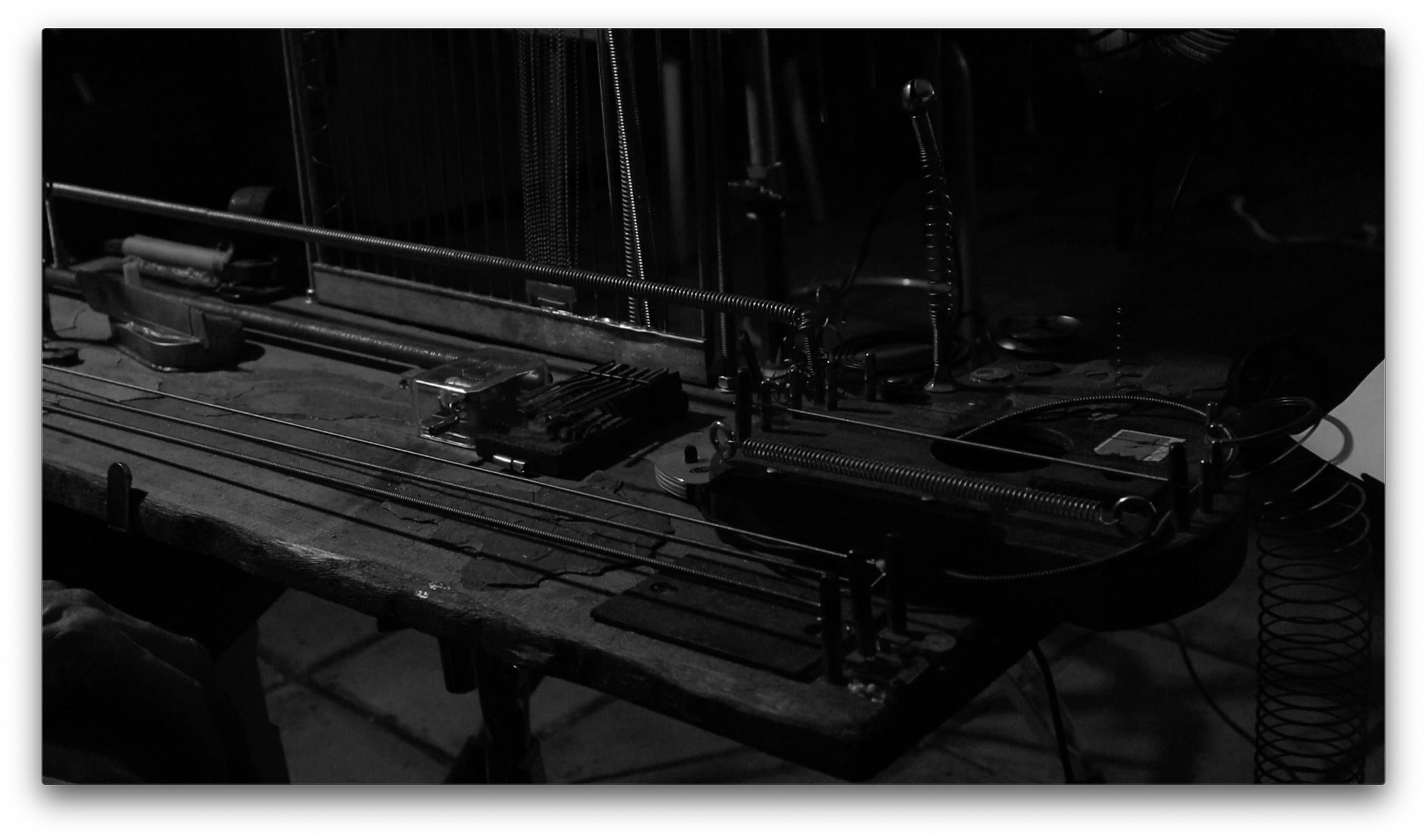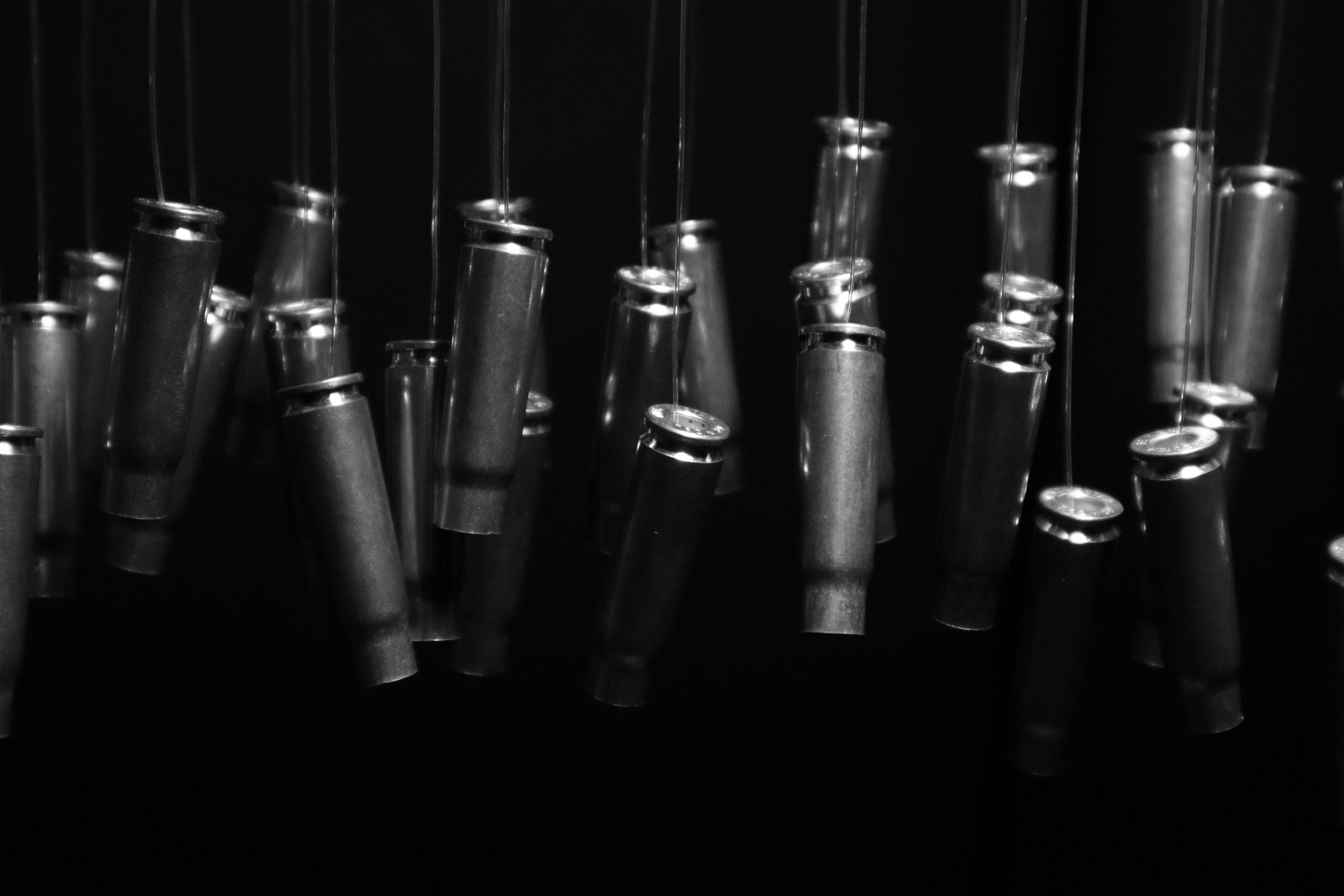TRIGGER
||||||
TRIGGER ||||||
TRIGGER:
Artists Respond to Gun Violence
Photo: John Lane
Introduction
TRIGGER: Artists Respond to Gun Violence is an interdisciplinary project that was conceived and curated by me and my long-time collaborative partner Nick Lantz. Our concept was to bring composers and poets together to respond artistically to the epidemic of gun violence in the US. The culmination of the project is three artistic artifacts: a book of poetry and other writings, an electronic folio of sores for speaking percussion, a recording and this related website content. It is our hope that these may be used together with public readings and performances to further advance the conversation around issues related to gun violence.
While Nick curated the book manuscript and commissioned poets, it was my task to curate the music and oversee the recording. TRIGGER is truly an outgrowth, a ripple effect, of the work Allen Otte and I have done over many years with our social justice piece, The Innocents. Naturally, Al is the first person I called about the new idea. He was immediately enthusiastically on board and has been an essential artistic partner, helping to shape this side of the project through to completion. The next person I contacted was Bonnie Whiting, whose friendship I value deeply and whose work is perpetual source of inspiration. Both Al and Bonnie agreed to work as composer-performers, contributing scores and recording their original works. Next, I commissioned a diverse group of composers for solo works for me, all of whom had a unique artistic vision and personal response to the issue. Everyone involved, including me, admitted that the issue of gun violence was a difficult one to tackle. Some collaborators that began the project couldn’t find a way through. Eventually, each of us, in our own way, found a way to respond. In the process, we were interrupted by a world-wide pandemic which delayed and threw doubt upon the relevancy of our topic. That doubt was soon put to rest as we learned that the years of the pandemic have seen not a decline, but an increase in gun violence. In fact, it was just reported in a new study by the CDC that firearms replaced auto accidents as the leading cause of death of children and teens in 2020.
In much the same way that our piece The Innocents presents a prismatic view of wrongful imprisonment and exoneration in the American prison system, TRIGGER reckons with the issue of gun violence from many angles: school shootings, a personal history with guns, the gun lobby/industry, the connection of guns with fervent religious zealotry, the psychology of violence in public spaces, and how the wake of violence leaves indelible imprints on people’s minds and bodies. – John Lane
A Statement from Allen Otte:
The statement we’re intending to make with this collection is as much about the choice to do such work at all as it is about the specific issue we have addressed. Part of our acknowledged privilege is the ability to focus creative energies in whatever way we like. How we function as contributive members of a larger community—what it is we wish to engage with, the material with which we connect to listeners, especially younger ones—is clearly intentional, and aspires to be about something beyond the enjoyment or promotion of our own musical careers.
What we are offering here is our having made something which intends to actively participate in an ever changing process of cultural discourse. Each of us have assigned a meaning to what we’ve done, what it is we as composers, writers, performers, members of our community, wish to contribute. The recipients of this experience will also assign a meaning to it in their lives at the moment of that interaction. Our artistic input is part of a process of history, which of course also makes it output, reflecting current conditions in the society in which we are functioning. We choose to believe that art, art as advocacy, can and does make a difference; that it does light a path in the time and place where it is made; that it leaves a path for those who come behind. – Allen Otte
